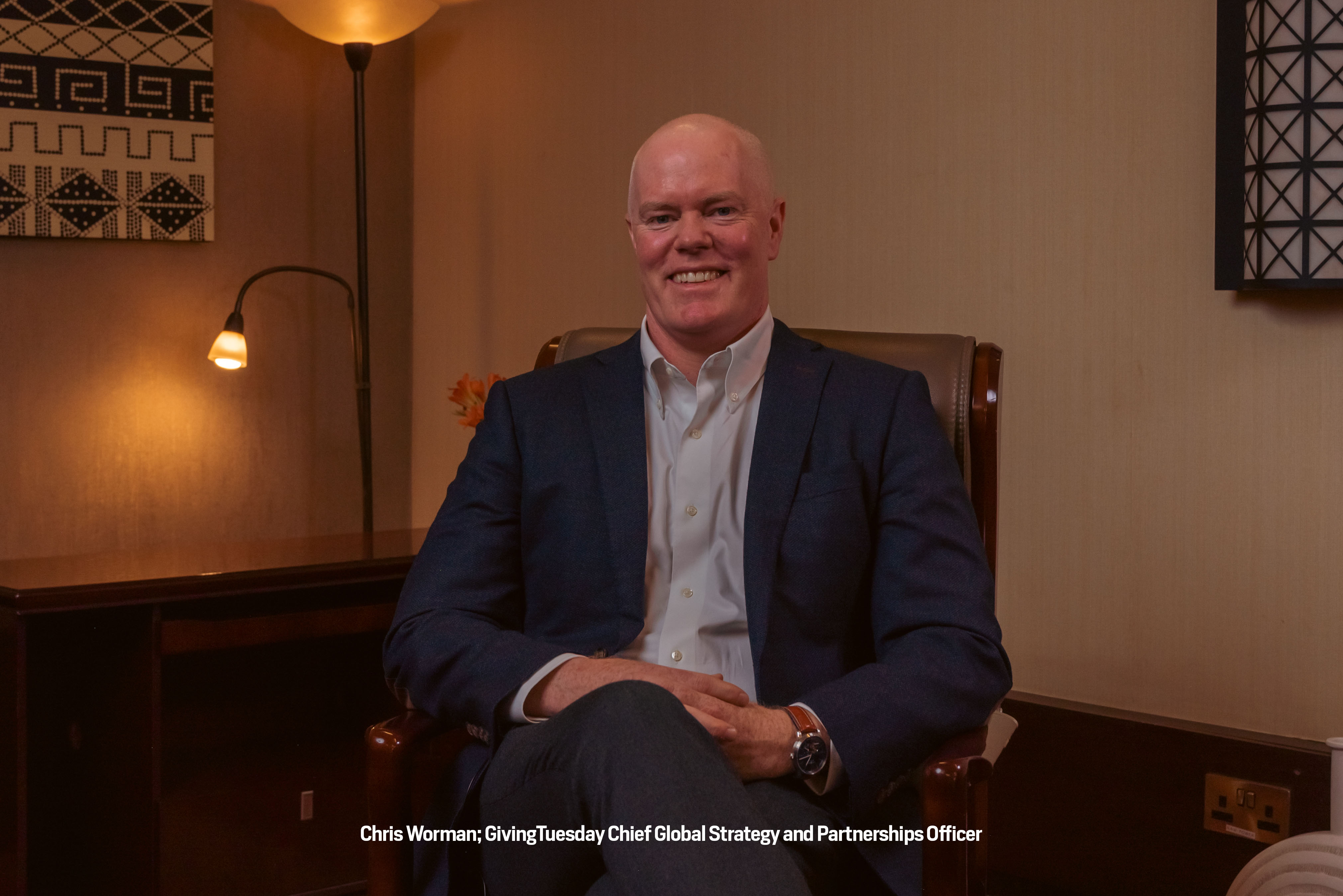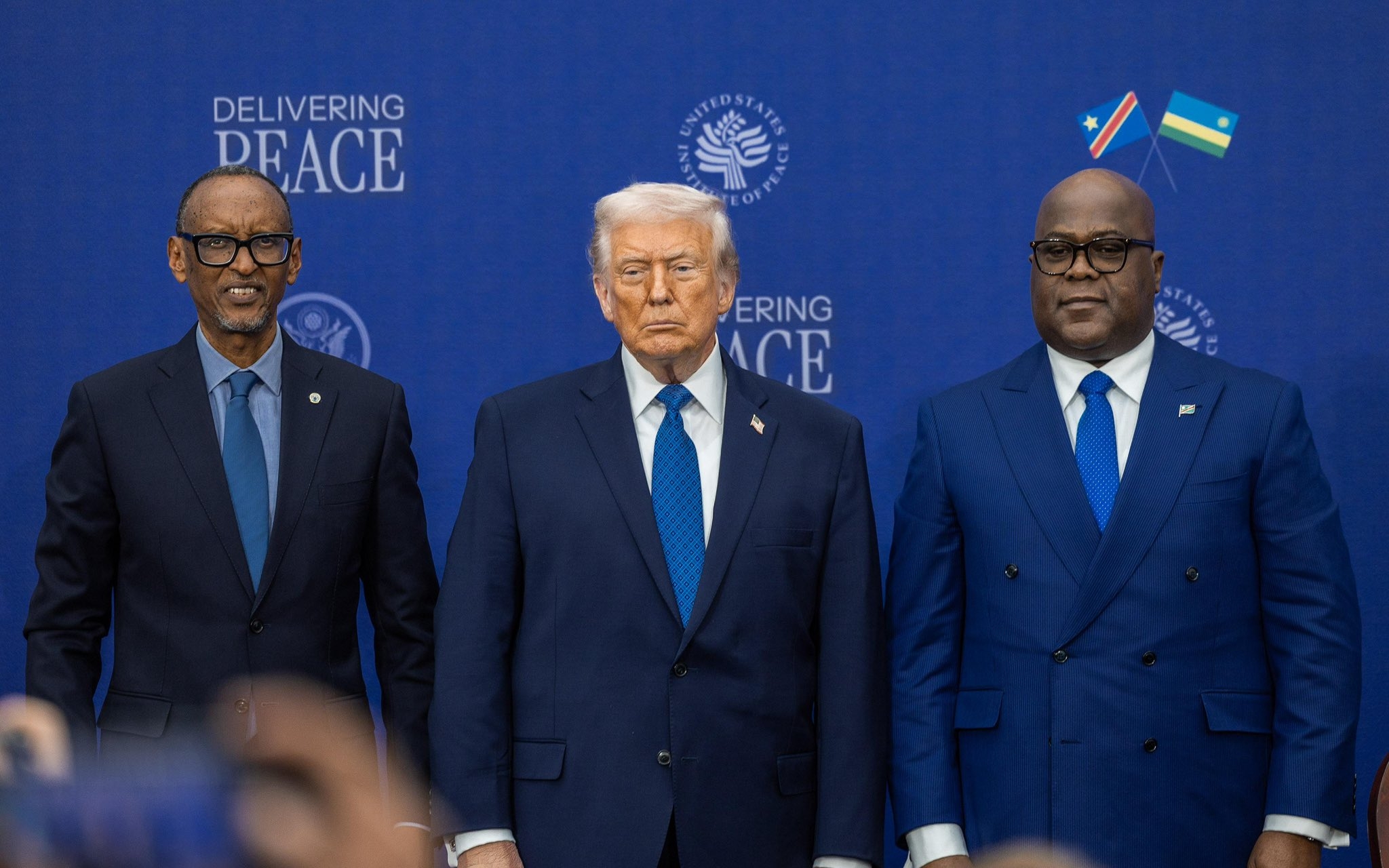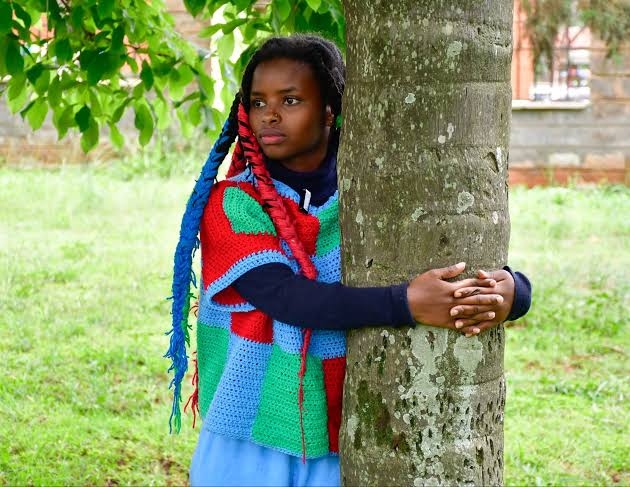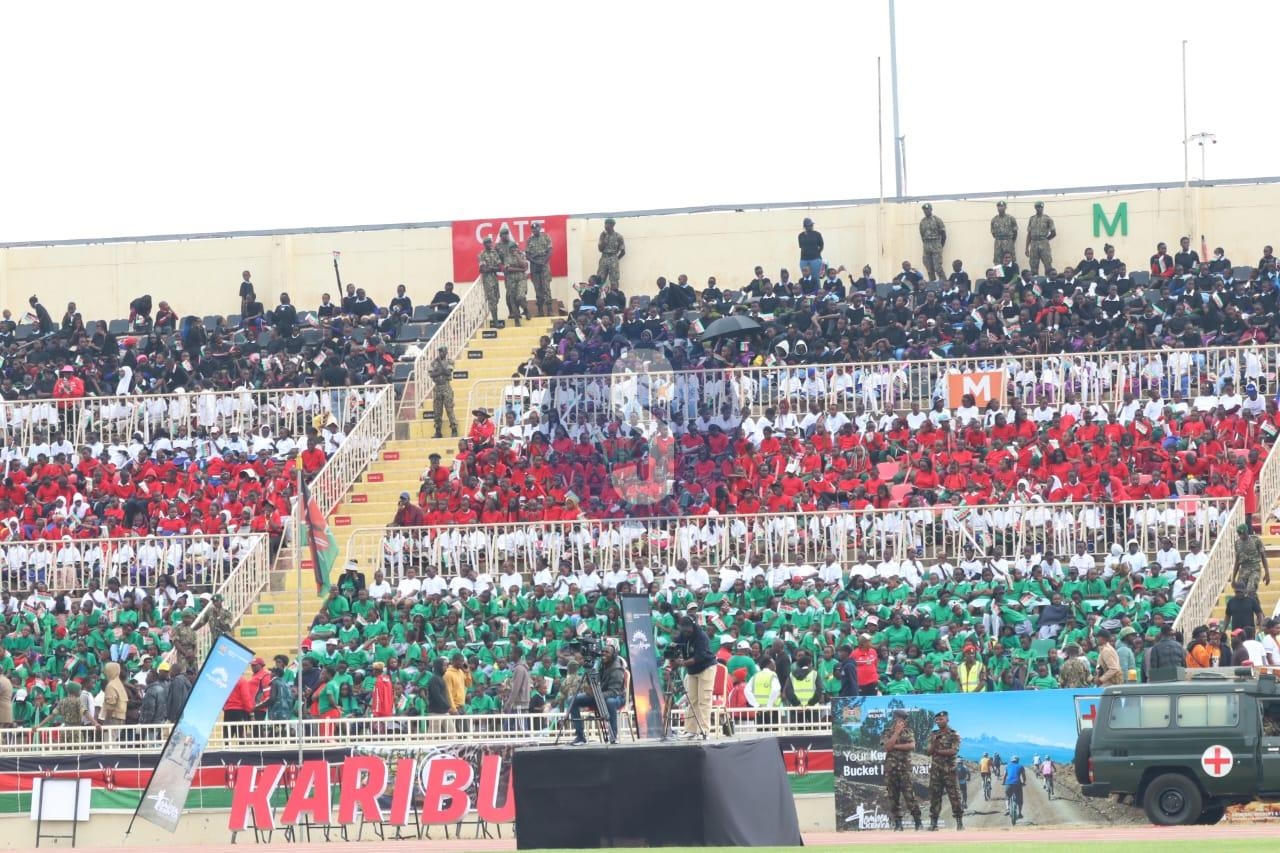
BY STAR REPORTER
Africa has been urged to continue embracing a giving culture as part of solutions to address challenges facing the continent.
Community mobilization, leveraging technology and proper use of data have also been identified as key components in driving the culture of giving. During the 2024 GivingTuesday Africa Summit, participants noted that having more people voluntarily give for noble courses will rapidly shape the continent and effectively address pressing challenges. “Giving is a universal value and it speaks to every community on earth,” said GivingTuesday Chief Executive Officer Asha Curran.
“I think of a much more inclusive and pluralistic word that we all give every day to each other in so many different ways,” added Asha during the summit that was held in Naivasha. The CEO said Africa is blessed with the traditional culture of giving within communities. “One thing that GivingTuesday is trying to do is broaden the understanding of the word philanthropy to mean the practice of generosity at all levels from all people, not only wealthy people, not only institutions,” said Asha.

GivingTuesday's Chief Data Officer Woodrow Rosenbaum emphasised the need for data-driven decision-making for non-profit organisations.
“It is about caring about outcomes.
But we can't get good outcomes if we can't see the effect of the work that we're doing and understand the environment in which we're working,” he said.
“When we think about AI as an example, there's both a technical opportunity to make sense from vast troves of really incompatible, incompatible data about interventions and outcomes,” he said.
“The new AI technologies offer an opportunity to make sense from all of that data that would have previously been challenging to normalize in a way that you can get valuable insights from,” he added.

GivingTuesday Chief Global Strategy and Partnerships Officer Chris Worman said there was a need to entice different communities, young people, women, marginalized communities, corporate communities and individuals from all quarters into the giving movement.
“A lot of the data that we capture on a weekly basis around the world says that people are very happy to give in the best of times as well as the worst of times, across political lines, across sort of ideological spectrums,” he said.
“Majority of people are just good people and they will help people in need. They will help their neighbours whether they agree with them or not, whether they look like them or not,” he said.
.jpg)
The GivingTuesday Africa summit brought together a dynamic and diverse group of social leaders to discuss how Africa’s rich cultures intersect with the future of generosity.
Giving Tuesday, a global generosity movement, works with volunteer leaders to use generosity to build community infrastructure and transform giving culture in their contexts.
By adapting the movement to their unique contexts, the leaders create locally driven campaigns that strengthen civil society.
During this year’s summit, leaders from across the continent collaborated with partners to explore, deepen and expand efforts that provide people with the insights, pathways and partnerships needed to mobilize their communities for social good.
The conversations come at a time when Africa, the world’s youngest continent, is feeling the impacts of a hotter, harder world more than anywhere else.
According to Giving Tuesday, traditional approaches to civil society and development are being challenged, making it essential to reinforce programs and partnerships that drive locally-led development.
GivingTuesday said empowering Africa’s youth to reconnect with their culture and solidarity, embrace their agency, and lead on the issues they care about is key to navigating the challenges facing the continent.
During the summit Giving Tuesday country lead for Nigeria Folakemi Adesina emphasized the need to involve the community more in decision-making.
Adesina said there was a need to build networks and give other people responsibilities including allowing them to take part in leadership.
“Community leaders are best placed to identify the needs of a community and also build a giving culture among the members of the community,” she said.
Adenisa emphasized the need to localize community campaigns.
“Local GivingTuesday community campaigns bring people together in the same area, have them work together, think creatively, and inspire change,” she said.
Rose Maruru, Co-Founder and CEO, EPIC Africa told the summit that surveys done over the years have dispelled the notion that foreign support surpasses donors from within Africa supporting the continent in various ways.
“Surveys have revealed that individual donors from within the continent are the leading source of funding for nonprofits and other Civil society organizations in Africa as opposed to the notion that money comes from abroad,” she said.
Jacob Mati, the Deputy Director, Centre for Philanthropy and Social Investment said the giving culture in Africa is taken to new levels during disasters and calamities.
Major giving initiatives were during the Covid-19 pandemic, Africa Against Ebola, Kenyans for Kenya, Kenyans’ floods in 2024 and most recently during the Kenyan Gen Z protests.
He said there was a need to continue embracing the giving culture, especially for development. Mati emphasized the need for organizations to tell their stories, to inspire others, including those who are in a position to support noble courses.

















